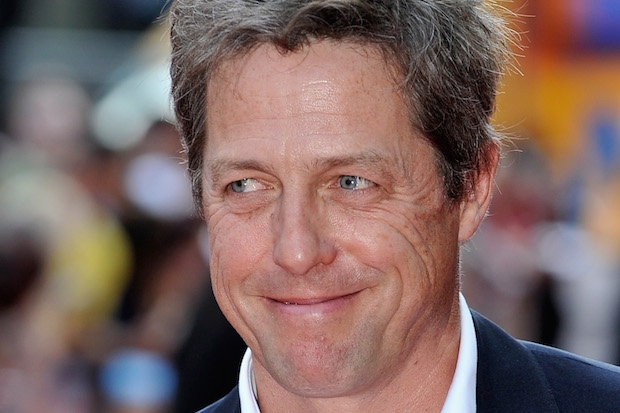I think the ancient English art of self–deprecation may be dying.
I don’t mean self-deprecation in its distorted and most exported form: pug-eyed rogues like Hugh Grant getting away with murder — more usually infidelity — by grinning and rubbing their hair. That’s different. That’s ‘bogus self-deprecation’, as my friend Stuart Reid used to say. What I mean is the assumption that you shouldn’t swank or push yourself forward; that in conversation it’s more polite, civilised, to downplay your own achievements, even and especially if you’re a great success.
I began to worry at a conference I was invited to last week: a day of lectures and advice for young people wanting to get ahead. Before the conference began, I met the speakers — a panel of international success stories in their thirties and forties. They were due to talk about ‘personal branding’, so I suggested, just in passing, that young Brits, brought up self-effacing, might be reluctant to brag.
What had been a genial atmosphere became in an instant frosty.

Get Britain's best politics newsletters
Register to get The Spectator's insight and opinion straight to your inbox. You can then read two free articles each week.
Already a subscriber? Log in








Comments
Join the debate for just $5 for 3 months
Be part of the conversation with other Spectator readers by getting your first three months for $5.
UNLOCK ACCESS Just $5 for 3 monthsAlready a subscriber? Log in